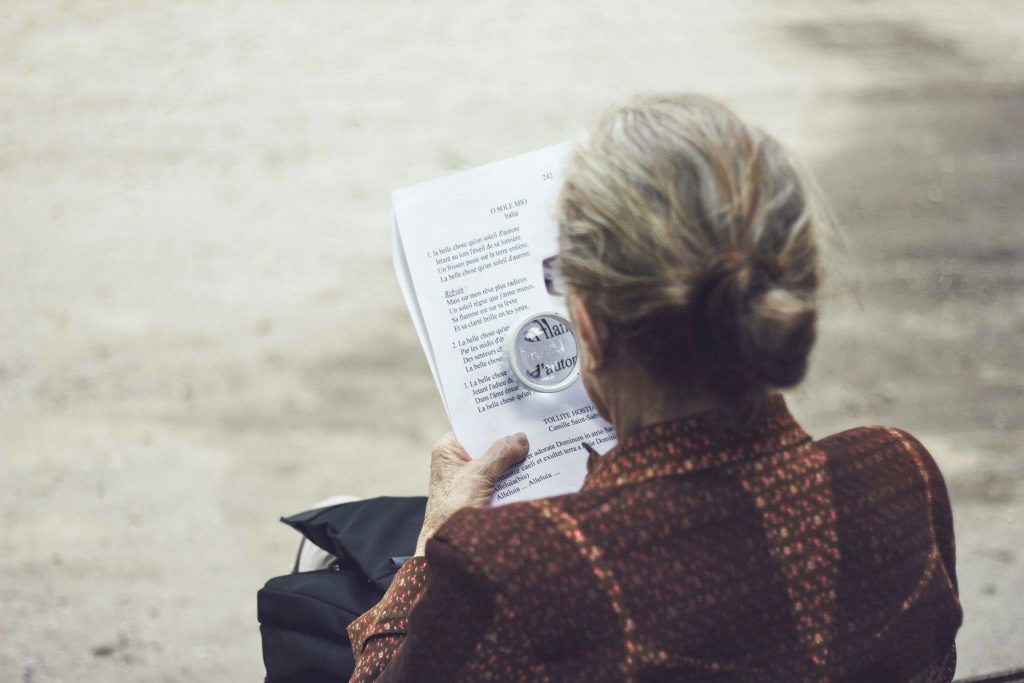Weekly Resource Roundup

Debunking Stereotypes on Aging
In the book Breaking the Age Code, Becca Levy Ph.D writes about common negative stereotypes associated aging and why they are false. Here is an excerpt from the book:
False Age Stereotype: Older persons’ health is entirely determined by biology. FACT: Culture, in the form of age beliefs, can have a powerful influence on the health of older persons. For instance, positive age beliefs can benefit health in multiple ways, such as reducing cardiovascular stress and improving memory. In contrast, negative age beliefs can have a detrimental impact on these aspects of health.
False Age Stereotype: Cognition inevitably declines in old age. FACT: A number of types of cognition improve in later life, among them: metacognition or thinking about thinking; taking into account multiple perspectives; solving interpersonal and intergroup conflicts; and semantic memory. Other types of cognition tend to stay the same, such as procedural memory, which includes routine behaviors like riding a bike. Research has found that strengthening positive age beliefs can successfully improve the types of memory that are thought to decline in later life.
False Age Stereotype: Older persons don’t recover from injury. FACT: Most older people who become injured show recovery, and older persons with positive age beliefs are significantly more likely to fully recover.
Aging & Caffeine Metabolism
Studies have found that as we age we become more sensitive to caffeine and metabolize it slower than younger people. One study found that in a group of 65-70-year-olds, they metabolized caffeine 33% longer than younger adults. The half-life of caffeine is 5-6 hours so if you have 200 mg. of caffeine, 6 hours later your body will still be metabolizing 100 mg of caffeine. With a 33% longer metabolism rate for caffeine it’s best to keep caffeine consumption to earlier in the day so it doesn’t disrupt sleep.Source
Stay Hydrated
Add salt to your water. Salt is an electrolyte that helps us to stay hydrated. Drinking plain water after a sweaty workout dilutes the blood sodium levels and can cause hyponatremia which results in muscle cramps, fatigue, and confusion. One recommendation is to drink 1/4 teaspoon of salt per quart (about 4-5 glasses) of water.
.
Leave a Reply
You must be logged in to post a comment.